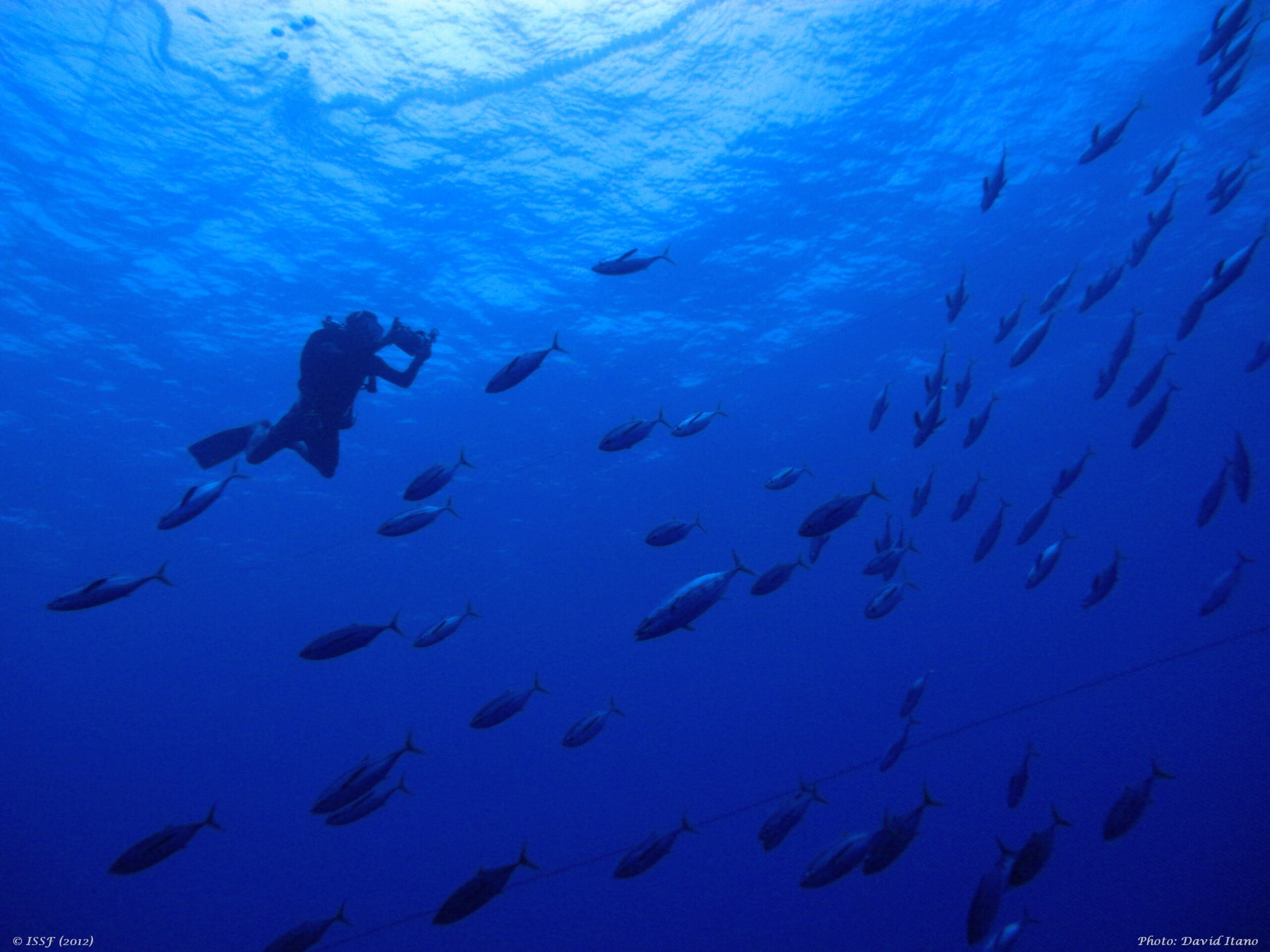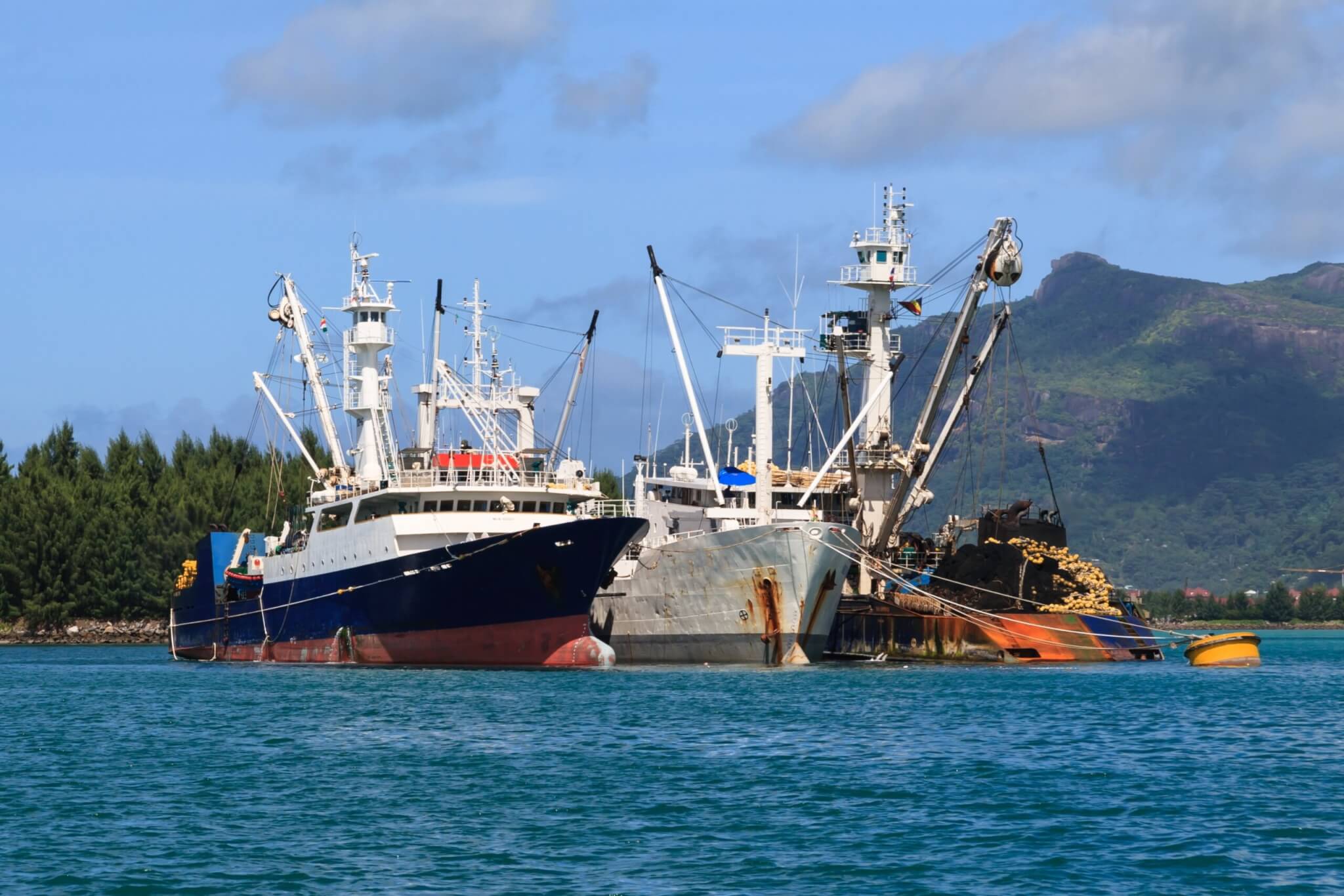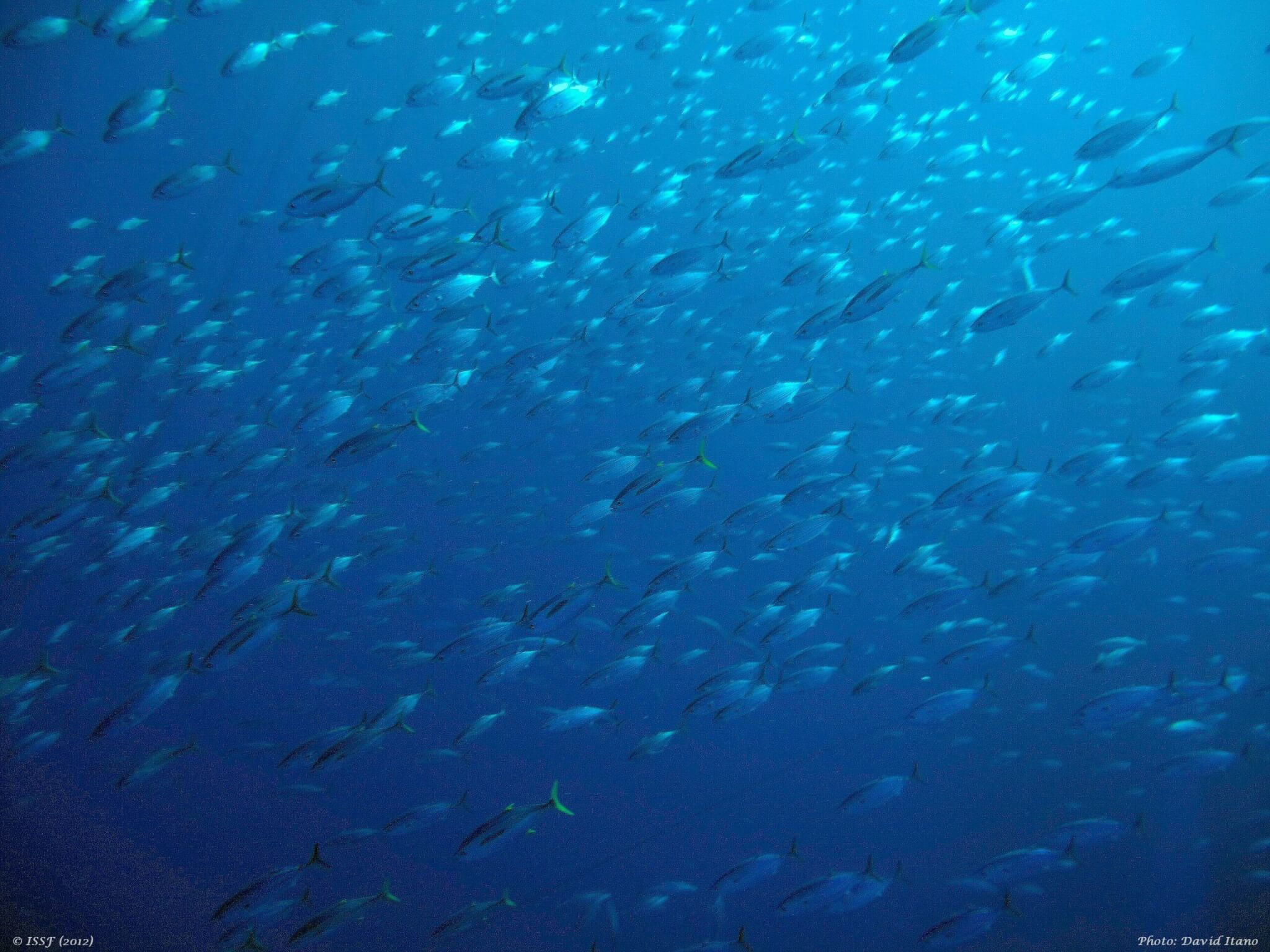Pacific Tuna Fisheries: Decisive Management Requires Transparency and Timely, Accurate Data
Posted by Claire Van der Geest and Bubba Cook
24 September 2014
Claire Van der Geest is Strategic Policy Advisor for ISSF and Bubba Cook is the Western and Central Pacific Ocean Tuna Programme Manager at WWF.
The tenth session of the Western and Central Pacific Fisheries Commission (WCPFC) Technical and Compliance Committee (TCC) commences on 25 September in Pohnpei, Micronesia. TCC’s work in assessing compliance and strengthening monitoring, control, and surveillance (MCS) tools underpins the efficacy of the conservation and management measures (CMM) adopted by the Commission. TCC will, as usual, conduct an assessment of member and cooperating non-member’s compliance with the CMMs as part of the Compliance Monitoring Scheme (CMS) process.
ISSF and WWF applaud the WCPFC’s progress in refining the CMS process in 2013. Providing both an assessment by member and by CMM in the adopted CMS executive summary was innovative and should be continued in 2014. It provides a thorough understanding of an individual State’s inability to give full effect to a measure in contrast to any potential problem with the requirements set out in the CMM itself.
But despite calls for greater transparency from NGO and industry stakeholder groups alike, the CMS review process remains a closed session. ISSF and WWF continue to advocate a transparent, robust and comprehensive compliance assessment process in accordance with the Compliance Monitoring Scheme (CMM 2013-02). The WCPFC must make this assessment process transparent, as it is in all other tuna RFMOs, as well as adopt additional tools to enhance the Commission’s ability to address non-compliance. All interested observers must be allowed to attend CMS meetings, and non-compliant States must be subject to a graduated scheme of responses to non-compliance.
Irrespective of what management decisions are adopted in December, all WCPFC members and Cooperating Non-members (CNMs) must provide their complete and properly formatted operational level data to the Secretariat of the Pacific Community, the science provider to the WCPFC. Unfortunately, there remains a persistent lack of operational level data from distant water fleets of Korea, Japan, China and Taiwan. Providing these data is a fundamental obligation of all WCPFC Members, Cooperating Non-members and Participating Territories (CCMs). Forum Fisheries Agency members highlighted that these data gaps increase the uncertainty in stock assessments and noted the need for the Commission to sanction those that do not provide these data. Timely and accurate submission of operational level data increases the precision of models and reduces uncertainty in stock assessments, thereby improving the basis for rigorous and sustainable management decisions. We therefore agree that exceptions must be removed from the data standards and that any non-compliance treated as a serious breach of WCPFC rules.
In addition, while ISSF recognizes the importance of access and chartering arrangements to the development aspirations of developing States, in particular small island developing States, it is important for accurate stock assessments and effective compliance and enforcement that there is clarity regarding catch attribution and the responsible party for MCS regarding vessels under chartering or access arrangements. Therefore ISSF urges the WCPFC to adopt measures to promote transparency in access agreements and chartering arrangements that are similar to existing IOTC and ICCAT measures.
Poor longline observer coverage and increasing high seas transhipment by longline vessels may also undermine management decisions and again TCC is likely to mark many States as non-compliant with these requirements. ISSF and WWF again urge the TCC to make recommendations to amend the WCPFC transhipment measure (CMM 2009-06) in order to address gaps in its effectiveness, which affect traceability of the products and could result in IUU fishing.
Moreover, TCC also needs to maintain a keen watch on emerging issues and trends and make clear recommendations for the Commission. For example, collecting data on Fish Aggregating Devices (FADs) and the management of this fishing method. FAD fishing accounts for nearly 40% of global tuna catches and 50% of global skipjack catches: they are considered one of the most important fishing methods for tropical tunas. However, there are large gaps in the information collected by all RFMOs on the total number of FADs being used and specific details of fishing operations on individual FADs. The WCPFC has adopted Minimum Standard Data Fields for observers and papers presented to SC10 show that observer programs can be used to collect much, but not all, of the information needed to appropriately monitor and manage FADs. Observers are unlikely and/or unable to collect some important information such as FAD markings or details on the FAD design, but vessel captains can easily retrieve or otherwise provide this information.
With respect to FADs, ISSF and WWF again urge the TCC to recommend two actions this year: 1.) ensure that the regional observer program routinely collects the FAD data in the WCPFC Minimum Standard Fields; and 2.) expand the information required from vessels to include data on FAD deployments, designs, equipment and identification marks.
This data will enable development and implementation of management actions for long term sustainability of the resources that supports aspirations of coastal States, particularly developing coastal States, and other fishing States.
Last, but by no means not least, the August Session of the WCPFC Scientific Committee reiterated that we are well beyond crunch time for Pacific bluefin tuna with the biomass at 3-4% of its pre-exploitation biomass. And while not at risk of imminent collapse, there is growing concern about the gradual and consistent decline of bigeye tuna stocks, noting that without meaningful action the trajectory will continue.
In 2008, the WCPFC implemented an initial CMM for bigeye tuna. Unfortunately, with all the exemptions and optional clauses, the current measure has proven difficult to enforce and monitor effectively. As a result, the 2014 stock assessmentdepicts an expected result of an ineffective measure. Scientists working in the region have repeatedly stated that such a measure would not end the overfishing. In response, this year the TCC needs to recommend, and in Apia the Commission must adopt, a simplified and streamlined measure that will end overfishing on bigeye tuna, and the tools to effectively monitor and enforce it,
As always, TCC10 will be busy. ISSF and WWF look forward to actively working with delegations before, during and after the session to advance these and other key priorities prior to the December Commission meeting.


